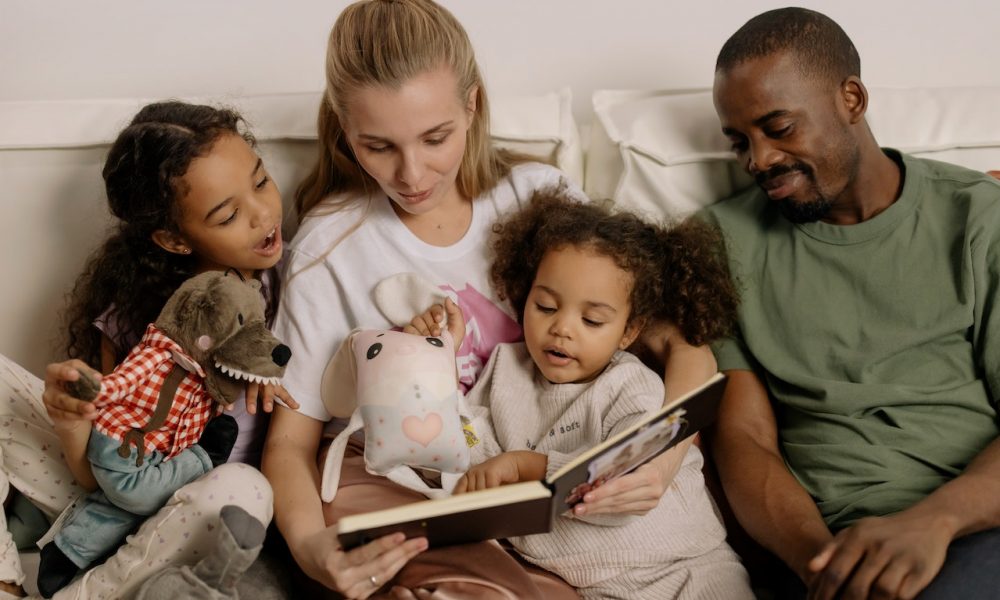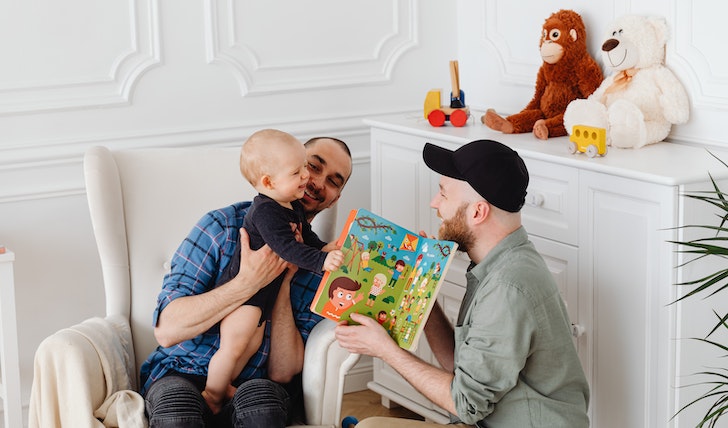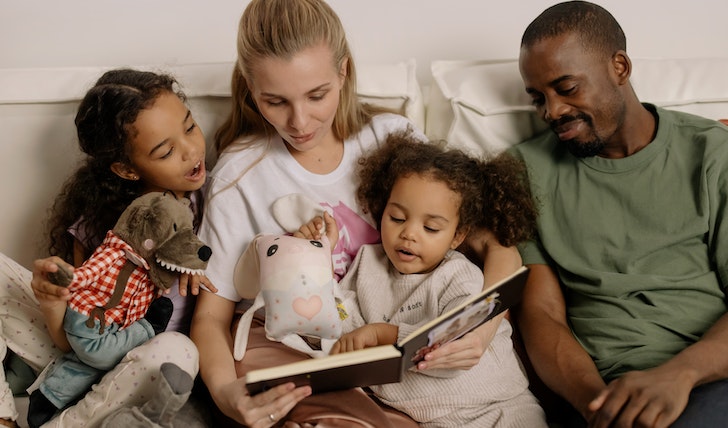
The Right Way to Talk to Your Kids About Friendship: A Parental Guide

Whether you are reminiscing about your playground pals or helping your kids navigate the twists and turns of these early relationships, one thing is clear: Talking to your children about friendship is crucial. Now, let’s embark on this journey of nurturing the next generation’s social butterflies.
Teach Your Kids the Power of Observation
Children are like sponges, soaking up information from their surroundings. Encourage them to observe how friends interact, sharing and caring for one another. Ask them questions like, “Did you notice how Jack helped Lily when she fell?”

Nataliya / Pexels / Teach your kids to observe the interaction of their friends early on.
This helps them recognize positive behaviors. Plus, it sets the stage for understanding the fundamentals of friendship.
Label Emotions
One of the key ingredients in the friendship recipe is empathy. Teach your child to identify and express their emotions. Use simple labels like “happy,” “sad,” or “angry.”
When they are upset, ask: “Are you feeling sad because Sarah did not play with you today?” This opens the door to discussing feelings—a crucial aspect of maintaining healthy friendships.
Share Your Stories
Tell stories and anecdotes from your own childhood friendships, both the good and the not-so-good ones. Your personal experiences can be a goldmine of wisdom.

Karolina / Pexels / Tell your kids your childhood stories about friendship. Ideally, make it fun and relatable for the kids.
Relatable stories can make your child feel less alone in their own struggles and give them hope that things will get better.
What Makes a Good Friend? Teach Your Kids
Engage your child in a conversation about what qualities they value in a friend. Are kindness, trustworthiness, or a sense of humor important to them?
This exercise helps them clarify their own values and expectations in friendships.
Virtual vs. Real-Life Friends
In today’s world, friendships can transcend the physical realm. Discuss the difference between virtual and real-life friends. Help your child understand the importance of balance and face-to-face interactions.
All while also embracing the digital world as a means to connect with others.
Teach Them the Art of Active Listening
Active listening is a skill that often goes overlooked in conversations about friendship. Encourage your child to listen attentively when their friends talk, ask follow-up questions, and show genuine interest.

Cotton Bro / Pexels / When talking to your kids about friendship, make sure to teach them the art of active listening.
Role-playing exercises can make this concept more relatable and fun.
Not All Friendships Are Forever
Friendships evolve over time. It is okay for your child to outgrow some friends or for friends to move away. Assure them that it is a natural part of life.
Encourage them to cherish the memories and lessons learned from each friendship, even if it is no longer active.
Friendships & Personal Boundaries
Teach your child to respect their own boundaries and those of their friends. They should understand that it is perfectly fine to say no if a friend asks them to do something they are uncomfortable with.
Empower them to communicate their boundaries assertively and without guilt. This way, you will set your kids up for a shining friendship.
More in Family
-
`
How Life in Germany Brought an American Family Closer (But Made Them Homesick)
Family always came first. That is what made the move from Maryland to Germany both exciting and painful for this American...
July 22, 2025 -
`
Angélique Kidjo Becomes First Black African on Hollywood Walk of Fame
Angélique Kidjo just made history. On July 3, 2025, it was announced that Kidjo will be getting her own star on...
July 15, 2025 -
`
Why Smart Window Placement Is the Secret to Aesthetic Home Design
Windows shape how your home looks from the street, how light moves through your space, and how your rooms feel every...
July 8, 2025 -
`
Why Cannabis Use Doubles the Risk of Heart-Related Deaths
Doctors have warned about tobacco for decades, but marijuana is often seen as the safer choice. New research is poking holes...
July 1, 2025 -
`
The Top 5 Best Credit Cards For Family Disney Vacations
A Disney vacation in 2025 is not cheap. Park tickets, hotel stays, meals, and travel can add up fast. But the...
June 24, 2025 -
`
The Surprising Lives of 10 A-List Celebrities Before Fame
Fame changes everything, or so they say. But not everyone flips the switch once the cameras show up. Some stay grounded,...
June 17, 2025 -
`
Trump’s Surgeon General Pick Dr. Casey Means Praises ‘Illegal’ Psychedelic Therapy
Psychedelic therapy just landed at the center of the national health debate, thanks to Donald Trump’s latest pick for surgeon general....
June 3, 2025 -
`
5 U.S. Family Vacation Spots You Should Book ASAP
If you are looking for the best family vacation spots in 2025, skip the guesswork. These five places deliver the fun,...
May 27, 2025 -
`
These Stars are ‘Banned’ From the 2025 Met Gala
The Met Gala might be fashion’s Super Bowl, but not every celebrity wants to play. While millions obsess over who wore...
May 20, 2025















You must be logged in to post a comment Login